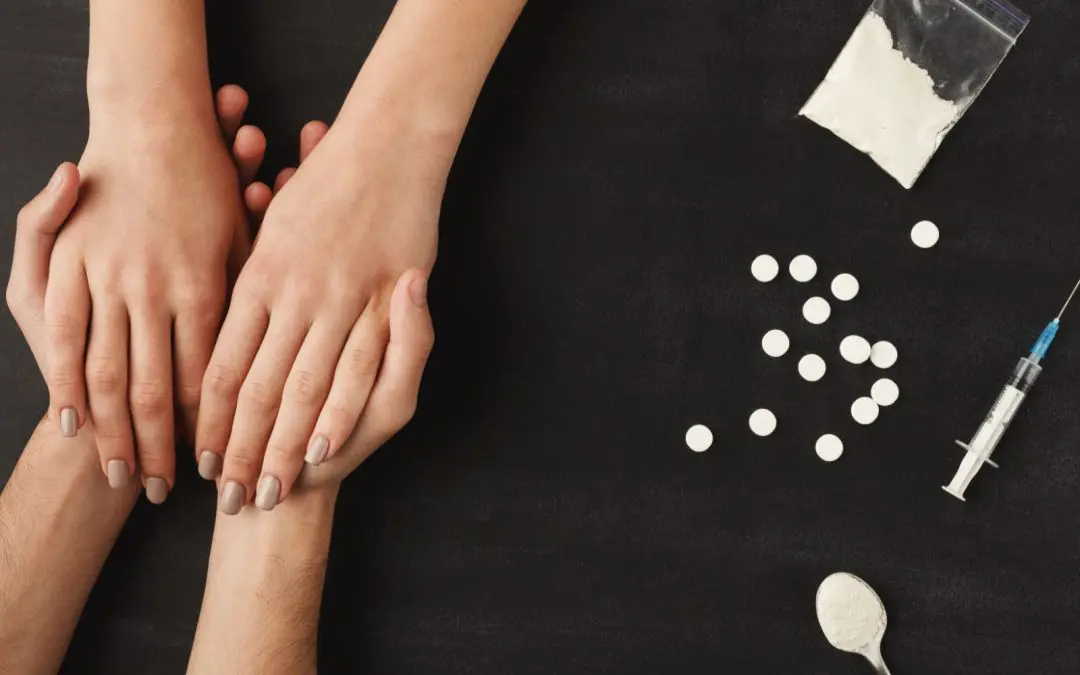24/7 Helpline:
(866) 899-221924/7 Helpline:
(866) 899-2219
Learn more about Dual Diagnosis Rehab centers in Richland

Other Insurance Options

Horizon Healthcare Service

Aetna

American Behavioral

EmblemHealth

Covered California

Sutter

Multiplan

Meritain

CareSource

PHCS Network

BlueShield

UnitedHealth Group

Choice Care Network

Self-pay options
Beacon

GEHA

AllWell

Oxford

Regence

Providence



















Havre Center for Mental Health
Havre Center for Mental Health is a private rehab located in Havre, Montana. Havre Center for Mental...

White Sky Hope Center
White Sky Hope Center is a private rehab located in Box Elder, Montana. White Sky Hope Center specia...

Hi Line Recovery
Hi Line Recovery is a private rehab located in Havre, Montana. Hi Line Recovery specializes in the t...








